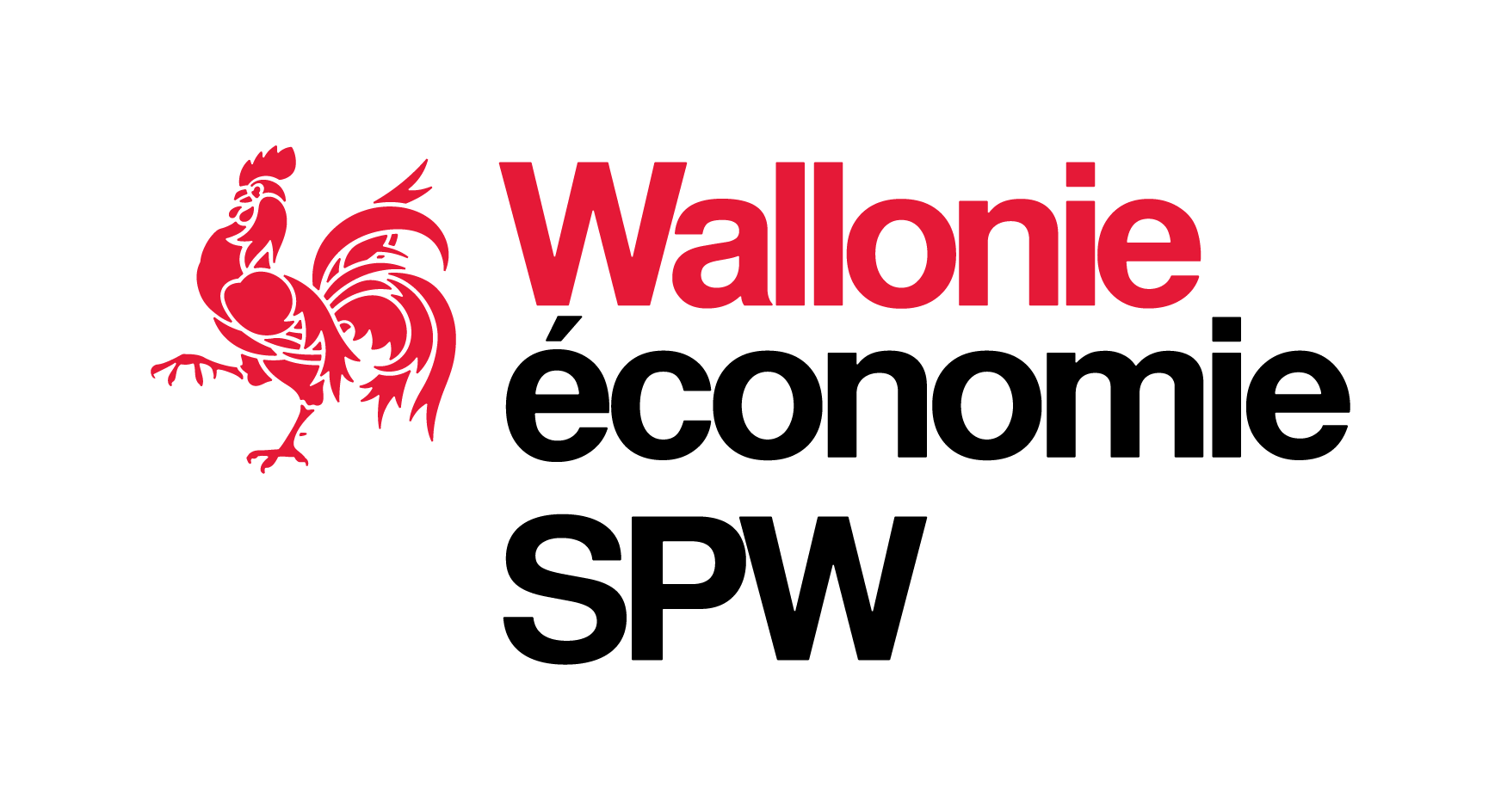Does your company specialise in reuse or preparation for reuse? Do you run a resale store and employ low-skilled staff? You may be eligible for the "workers" grant for resale stores. This grant is designed to compensate for the loss of productivity associated with hiring workers who have not obtained the CESS (higher secondary education diploma or equivalent).
To receive this grant, you must be recognised as a Resale store. Recognition is issued by SPW Environment and entitles you to two grants:
- an annual grant calculated based on the number of tons reused and the type of waste, product or component produced. Visit their website to find out more about the conditions for obtaining recognition and how to apply for the grant.
- an annual "workers" grant to compensate for the loss of productivity linked to the hiring of low-skilled staff.
This sheet concerns only the "workers" grant managed by SPW Economy (Directorate of the Social Economy).
Cooperatives recognised as social enterprises (ES) and ASBLs recognised as reuse enterprises (resale store). This recognition is issued by SPW Environment
Reuse is when objects or parts that are not waste are reused in the same way as when they were first used. We also talk about "second-hand". Sometimes, the item needs to be cleaned or repaired before being resold.
Recognition as an ES is issued by the Federal Public Service Economy (online form). Please note that you can apply for both Cooperative Enterprise (SC) and ES recognition at the same time (more information).
an annual "workers" grant to compensate for the loss of productivity linked to the hiring of low-skilled staff. The amount of the grant depends on your company's payroll and the productivity loss compensation coefficient in place.
Use this formula to calculate the grant amount:
(payroll/30,000) x E
The company's annual payroll, used for the grant, concerns only workers assigned to reuse activities, and must compensate for lost productivity. Only workers who have not obtained the CESS (higher secondary education diploma or equivalent) are taken into account in this calculation. This payroll is calculated after deduction of exemptions, reductions in contributions and aid from all types of public authorities.
"E" is the amount of the productivity loss compensation coefficient. Currently, E = €2,000.
Submit your first application
For your first application, you must send us the supporting documents listed below. They enable us to calculate the amount of the basic annual grant. Once the documents have been analysed, you will receive an advance of 75% of the calculated amount.
Renew your application (every year)
These supporting documents must be sent every year. They enable us to check that you meet the criteria and conditions that determined the amount of your grant. Once analysed, we pay the balance from the previous year and an advance of 75% of the annual amount.
Supporting documents (for the recognised activity)
- a statement describing the different costs incurred annually;
- the number of workers, calculated in FTE;
- a list of the names of your workers without a CESS or equivalent;
- the annual payroll of workers on the names list;
- your company's actual payroll for the reference year, linked to the workers on the names list;
- approved annual accounts for the year in which the grant is paid.
Declarations of claims
In a second step, we ask you to provide us with two declarations of claims:
- a declaration corresponding to the balance of the 25% of payroll for the year ended;
- a declaration corresponding to the advance for the coming year, equal to 75% of the annual amount calculated.
Declarations of claims must be sent to us by post. Other exchanges are mainly by email.
Employ workers who do not have a CESS (higher secondary education diploma or equivalent) and are dependent on your company.
- The Decree of 20 November 2008 concerning the social economy
- The decree from the Walloon Government of 3 April 2014 concerning the approval and granting of subsidies to non-profits and companies with a social purpose that perform reuse and processing activities for reuse purposes (M.B. of 29 April 2014, p 202762)
- The Decree of 27 June 1996 concerning waste
